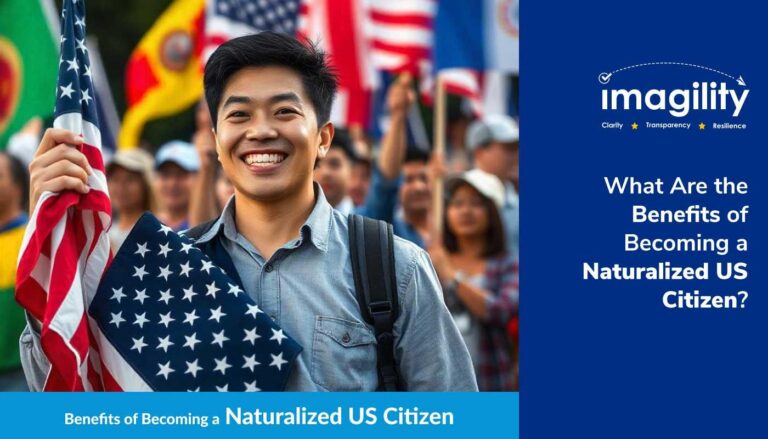Historic Alamo Welcomes Over 200 New American Citizens
At the legendary Alamo in San Antonio, a significant naturalization ceremony recently took place, where more than 200 individuals from a wide array of cultural backgrounds officially became U.S. citizens. This event, set against the backdrop of a site synonymous with the fight for liberty, symbolized not only personal achievement but also the collective spirit of freedom and opportunity that defines the nation. Speakers at the ceremony highlighted themes of unity, civic responsibility, and the rich cultural diversity that strengthens America’s identity.
Key highlights of the ceremony included:
- Oath of Allegiance: Each new citizen solemnly committed to uphold the values and laws of the United States, marking the end of a rigorous journey.
- Cultural Celebrations: Performances featuring traditional music and dance honored the heritage of the new citizens while embracing their American future.
- Community Involvement: Local officials and volunteers who supported candidates throughout their immigration process were recognized, showcasing the power of community support.
| Metric | Value |
|---|---|
| Number of New Citizens | 203 |
| Countries of Origin | 35+ |
| Median Age | 32 years |
| Average Residency Before Naturalization | 5+ years |
Strengthening Communities Through Mass Naturalization Ceremonies
Mass naturalization ceremonies like the one at the Alamo serve as powerful moments of communal pride and cultural exchange. Bringing together hundreds of new citizens, their families, and community leaders, these events foster a renewed sense of belonging and civic engagement. The shared experience of taking the Oath of Allegiance in a historic setting connects participants to America’s enduring narrative of freedom and inclusion.
Such ceremonies also enrich local communities by:
- Boosting Civic Participation: New citizens often become active members of local organizations and contribute to public life.
- Celebrating Multiculturalism: The diverse backgrounds of new citizens enhance cultural festivals, culinary scenes, and neighborhood vibrancy.
- Driving Economic Growth: Many naturalized citizens bring entrepreneurial energy, launching businesses that create jobs and stimulate local economies.
Moreover, these gatherings provide educational moments for both new and existing residents, deepening understanding of citizenship’s rights and responsibilities. The emotional resonance of pledging allegiance at a landmark like the Alamo underscores the ongoing journey toward a more inclusive and participatory democracy.
| Community Aspect | Positive Impact |
|---|---|
| Cultural Exchange | Enhances local arts, cuisine, and festivals |
| Civic Pride | Encourages volunteerism and public engagement |
| Social Cohesion | Strengthens neighborhood ties and support systems |
Navigating the Complex Path to U.S. Citizenship: Challenges and Rewards
The road to U.S. citizenship is often fraught with challenges, including navigating complex legal requirements, overcoming language barriers, and enduring lengthy processing times. Many applicants encounter financial difficulties and limited access to legal resources, which can delay or complicate their naturalization journey. Fortunately, community organizations and government programs continue to provide vital support through educational workshops, language training, and legal aid.
Despite these obstacles, achieving citizenship unlocks numerous benefits that profoundly impact individuals and their families. Citizenship grants the right to vote, unrestricted employment opportunities, and eligibility for federal assistance programs. It also enables citizens to sponsor relatives for immigration, fostering family reunification. The sense of empowerment and belonging that accompanies naturalization marks a transformative milestone.
- Expanded Civic Engagement: Voting rights empower citizens to influence local and national policies.
- Improved Employment Prospects: Freedom to work without visa restrictions enhances career opportunities.
- Access to Education and Healthcare: Eligibility for federal grants and programs supports personal and family well-being.
- Family Sponsorship: Ability to petition for relatives strengthens family unity.
| Obstacle | Benefit |
|---|---|
| Extended processing periods | Permanent political representation and voice |
| Language proficiency requirements | Access to educational funding and resources |
| Complex documentation and legal steps | Eligibility to sponsor family members |
Empowering New Citizens Through Civic Engagement Support
To ensure newly naturalized citizens thrive in their civic roles, it is essential for community groups and local authorities to develop inclusive civic education initiatives. These programs should provide practical guidance on voting procedures, government functions, and civic duties, tailored to diverse linguistic and cultural needs. Partnering with libraries, schools, and community centers can broaden outreach and foster inclusivity.
Additionally, establishing robust mentorship and volunteer networks can facilitate smoother integration. Connecting new citizens with seasoned community advocates helps build confidence and navigational skills for active participation in democratic processes, such as voter registration and public forums. Supporting these connections through events and digital platforms sustains engagement and amplifies the voices of emerging voter groups.
| Support Approach | Primary Advantages |
|---|---|
| Multilingual Civic Workshops | Enhances comprehension and accessibility for non-native English speakers |
| Mentorship Programs | Fosters community bonds and personalized support |
| Online Civic Engagement Platforms | Offers convenient access to resources and event updates |
| Community Voting Initiatives | Promotes active participation and voter awareness |
Conclusion: A Celebration of New Beginnings and American Values
The naturalization ceremony at the Alamo was a profound milestone for over 200 individuals embarking on their journey as U.S. citizens. This event not only honored their personal dedication but also celebrated the enduring ideals of diversity, unity, and opportunity that define the United States. As these new Americans take their Oath of Allegiance, their unique stories and contributions become woven into the nation’s evolving narrative, reinforcing the principles that continue to shape the country’s identity.




